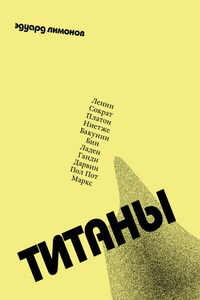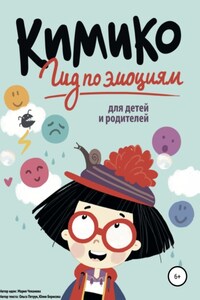It had been a great day for the children at Hope Center the closing day of school, the last of the term, the last of the week. The larger boys and girls had spent the morning decorating the "big" room, which was to be the assembly-room. At the Center they were still quite primitive. There were many old or rather elderly people very much opposed to "putting on airs." Boys and girls went to school together, but they wouldn't have called it co-education. So the main room where various meetings and occasional entertainments were held, was always known by the appellation "big."
It was very prettily trimmed with the shining sprays of "bread and butter," and wild clematis, and the platform was gay with flowers. Seats were arranged on either hand for the graduating class, and the best singers in school. There was a very good attendance. Closing day was held in as high esteem as Washington's Birthday, or Decoration Day. Christmas was only partly kept, the old Hope settlers being an offshoot of the Puritans, and the one little Episcopalian chapel had almost to fight for its Holy days.
The first three seats in the audience-room were full of children in Sunday attire. The girl graduates were in white, with various colored ribbons. The boys' habiliments had followed no especial rule. But they were a bright, happy-looking lot, taking a deep interest in what they were to do. The boys had an entertaining historical exercise. One began with a brief account of causes leading to the revolution. Another followed with the part Boston played, then New York, then Philadelphia, Virginia, and the surrender of Cornwallis; afterward, two or three patriotic songs, several recitations – two distinctly humorous – another song or two, and then Helen Grant's selection, which was "Hervé Riel," a poem she had cut from a paper, that somehow inspired her. Diplomas were then distributed, and the "Star Spangled Banner," sung by everybody, finished the exercises.
Helen was fourteen, well-grown and very well-looking, without being pretty enough to arouse anyone's envy. "A great girl for book-learning," her uncle said, while Aunt Jane declared "She didn't see but people got along just as well without so much of it. It had never done a great deal for Ad Grant."
Helen had a bright, sunny nature – well, for that matter, she had a good many sides to her nature, and no girl of fourteen has them all definite at once. Some get toned down, some flash out here and there, and those of real worth come to have a steady shining light later on. But she never could hear Aunt Jane say "Ad Grant" in the peculiar tone she used without a sharp pang. For Addison Grant was her father, that is if he was still alive, and when Aunt Jane wanted to be particularly tormenting, she was sure he was roaming the world somewhere, and forgetting that he had a child.
Sixteen years before he had come to Hope Center and taught school. A tall, thin nondescript sort of man, a college graduate, but that didn't raise him in anyone's estimation. He was queer and always working at some kind of problems, and doing bits of translating from old Latin and Greek writers, and spent his money for books that he considered of great value. Why pretty Kitty Mulford should have married him was a mystery, but why he should have taken her would have seemed a greater puzzle to intellectual people. They went to one of the larger cities, where he taught, then to another, and so on; and when Helen was seven her mother came back to the Center a hopeless invalid with consumption, and died. Mr. Grant seemed very much broken. No one knew what a trial the frivolous, childish wife had been. He was disappointed at not having a son. He had some peculiar ideas about a boy's education, and he didn't know what to do with a girl. So he left her with her aunt and uncle, and for four years sent them two hundred dollars a year for her keep. Then he went to Europe without so much as coming to say good-by, and no one had ever heard of him since.
Helen's memories of her mother were not delightful enough to build an altar to remembrance. She had fretted a good deal. When she was out of temper she slapped Helen on the shoulder, and said she was "just like her father." Helen waited on her, changed her slippers, brushed her hair, and would have made a famous nurse if the end had not come. And then the life was so different.
The Mulfords were in many respects happy-go-lucky people. Aunt Jane scolded a good deal, or rather talked in a very scolding tone. But the children came up without much governing. Once in a while Uncle Jason struck one of them with his old gray felt hat; Helen didn't remember ever seeing him have a new one, but he wore a black one on Sunday. There were five rollicking children, and one daughter grown, who was engaged to be married at seventeen. Helen ran and played and worked and sewed a little, which she hated, and studied and read everything she could get hold of. There were Sunday-school library books, some of them very good, too; there were books she borrowed, and some old ones up in the garret belonging to her father. She read these quite on the sly, for she knew she should hate to hear comments made about them, and Aunt Jane might burn them up.














